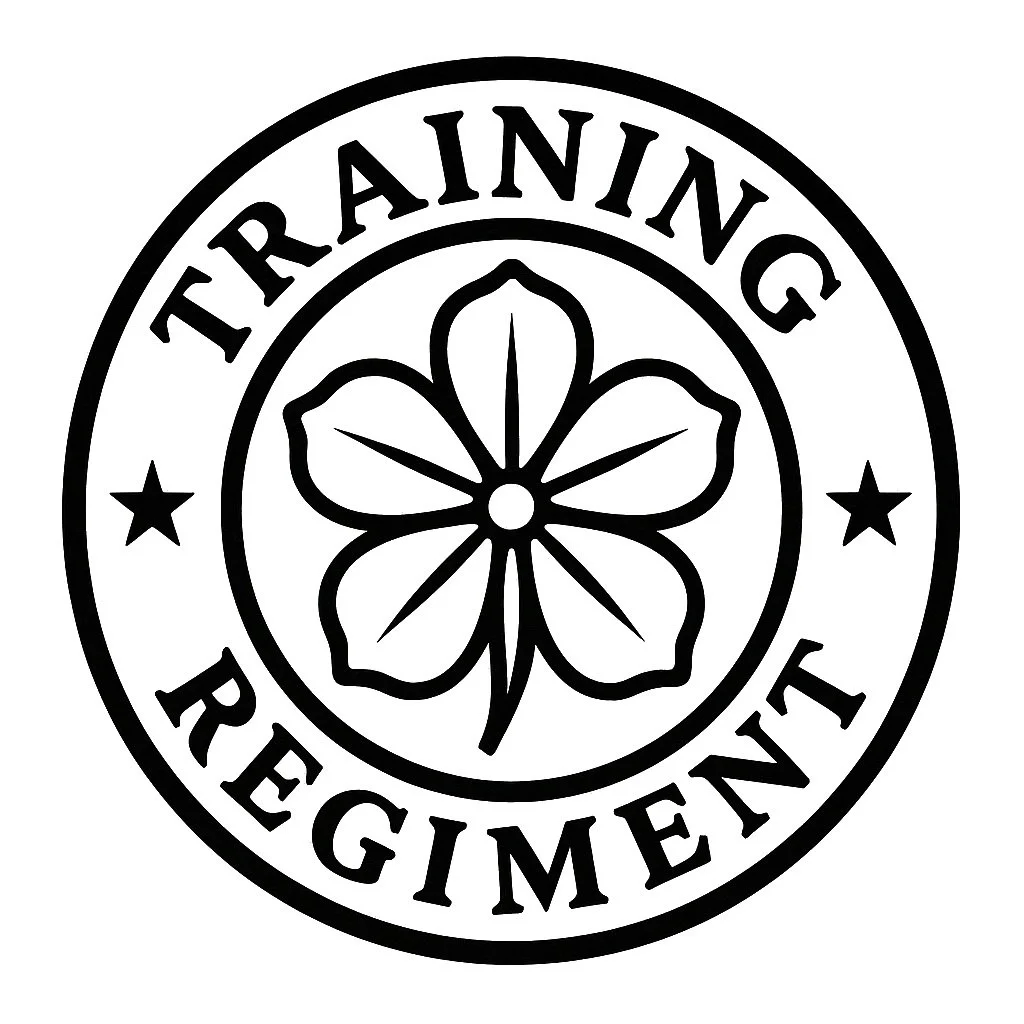Beyond the Gun: Why Every Handgun Owner Should Be Trained in CPR, First Aid, AED, and Stop the Bleed
Owning and carrying a handgun is a profound responsibility that extends far beyond the range. While proficiency with your firearm is critical, it’s only part of the equation when it comes to protecting life. Whether you’re a concealed carry permit holder, a first responder, or a concerned citizen preparing for life’s unpredictable emergencies, your skillset must go beyond shooting fundamentals. The ability to save a life, without firing a single round, is just as important.
In a high-stress emergency, you may be the first and only person available to render aid. Whether you’re responding to a mass casualty event, a car accident, or a violent assault, the moments between injury and the arrival of professional medical responders are crucial. Immediate intervention can mean the difference between life and death.
That’s where CPR, First Aid, AED, and Stop the Bleed training come in. These skills give you the tools to stabilize victims until help arrives, and in many cases, to save lives entirely on your own.
CPR and AED: Restarting Life
Cardiac arrest doesn’t wait for paramedics. It can strike at the range, at home, or in the parking lot outside the grocery store. According to the American Heart Association, over 350,000 out-of-hospital cardiac arrests occur each year in the United States, with survival rates heavily dependent on immediate intervention.
High-quality CPR and access to an Automated External Defibrillator (AED) can double or triple a person’s chances of survival. For handgun owners who frequent public ranges, outdoor environments, or remote areas, these skills are indispensable.
First Aid: The Forgotten Sidearm
Most shooters carry a handgun every day—but how many carry a tourniquet, pressure dressing, or chest seal? And of those who do, how many know how to use them effectively?
Basic First Aid training helps handgun owners address a wide variety of emergencies—from gunshot wounds and lacerations to burns and broken bones. Knowing how to assess a victim, call for help, and administer life-saving care is a core component of being a responsible armed citizen.
Stop the Bleed: Controlling the Crisis
In trauma care, time is blood. Uncontrolled bleeding is the number one cause of preventable death in trauma. The Stop the Bleed initiative, developed by the American College of Surgeons, trains civilians to recognize life-threatening bleeding and take decisive action using tourniquets and wound-packing techniques.
Gun owners, especially those who train or operate in environments where active shooter events or accidental discharges are possible, must know how to stop hemorrhaging before it becomes fatal. With minimal training, you can save someone’s life in less than five minutes.
A Call to Action
Being prepared means more than carrying a firearm. It means understanding your role as a true immediate responder—someone capable of saving lives with or without a weapon. CPR, First Aid, AED, and Stop the Bleed training should be viewed as essential as firearms safety and marksmanship.
If you carry a gun to protect yourself and others, you owe it to your community, your family, and yourself to be equipped with life-saving medical skills. Training is widely available, affordable, and often completed in a single day.
Your handgun might end a threat. Your hands might save a life.
Where to Get Trained
Looking to get certified in CPR, First Aid, AED, or Stop the Bleed? Here are reputable organizations and providers that offer in-person and blended training options:
Training Regiment (Rio Grande Valley, TX)
Licensed provider of American Red Cross CPR, First Aid, AED, and Stop the Bleed training
Visit: www.trngrgmnt.com
American Red Cross
Nationwide CPR, First Aid, and AED certification courses
Visit: redcross.org/take-a-class
Stop the Bleed
Search for free training near you
Visit: stopthebleed.org
American Heart Association (AHA)
CPR and AED training tailored for civilians and healthcare providers
Visit: heart.org
National Safety Council (NSC)
Workplace and public safety training in First Aid and CPR
Visit: nsc.org
Local Fire Departments & EMS Agencies

